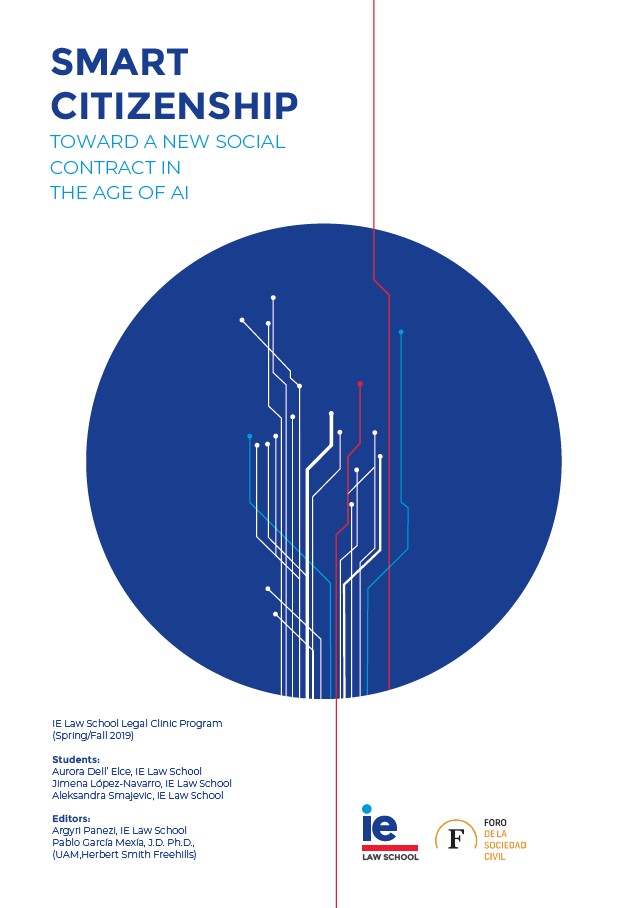16 Mar Senior Citizens Working in European Companies
English and Spanish versions available
Date published
March 2021
Center
Law School
Nowadays, algorithms are constantly used in different areas of life to improve the quality of services, enhance user experience, and optimize efficiency. Their use is very diverse: from advertising and selecting prospective students in university admissions processes to detecting issues in tax declarations. However, challenges surrounding privacy, security, autonomy, and many other areas go hand-in-hand with opportunities.
One particularly clear issue that arises from this widespread use of algorithms is a lack of awareness. This is true of not only the side legislators who struggle to regulate emerging technologies, but also citizens that are uninformed about the ever-increasing infiltration of algorithms in various contexts. Thus, algo-awareness is of critical importance these days. As defined by the European Commission, the term “algo-awareness” refers to the spreading of an evidence-informed understanding of algorithms, with regard to their role in online platforms as well as emerging issues and opportunities surrounding them.
The timing is critical both for European citizens as well as citizens all over the globe. The European Union, which has been forming a strategy for artificial intelligence (AI) since 2018, most recently (on February 19th, 2020) published a White Paper on AI titled “A European approach to excellence and trust.” Indeed, the discussion of algorithms is central to any discussion about AI which has been simply defined as “a collection of technologies that combine data, algorithms, and computing power”.

